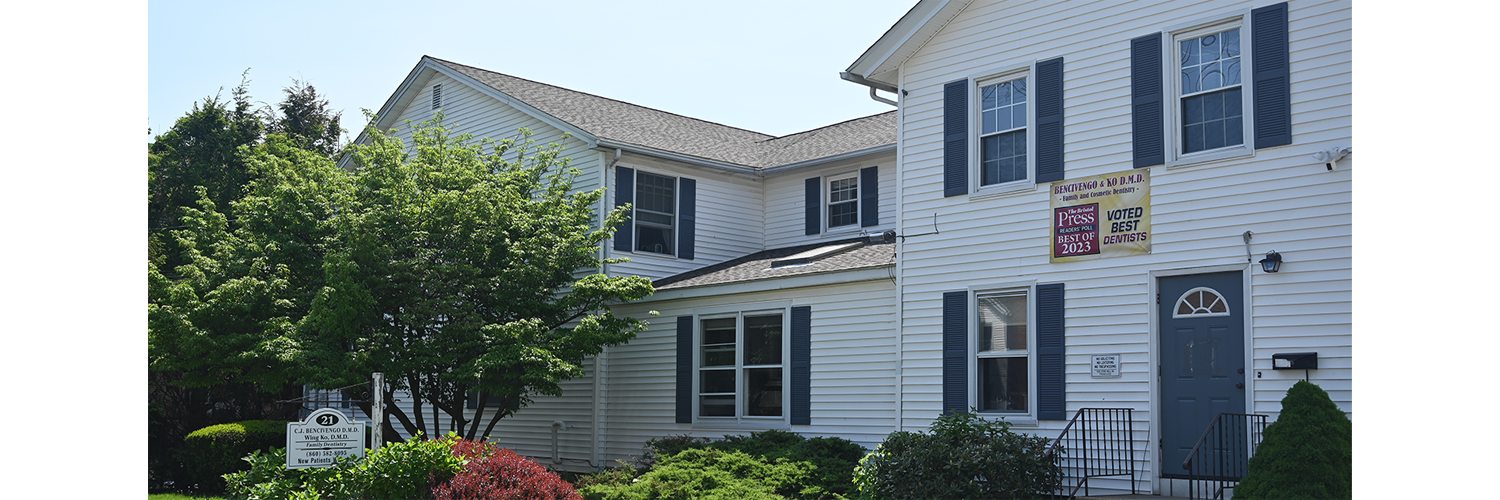The page you were looking for has moved, but we're sure you'll find the information you need below.

- Welcome
- About Us
- Meet the Staff
- Services
- General Dentistry
- Dental Cleanings
- Dental Exams and X-Rays
- Dental Sealants
- Composite Fillings
- Root Canal Therapy
- Tooth Extractions
- Scaling and Root Planing
- Cosmetic Dentistry
- Porcelain Crowns
- Teeth Whitening
- Dental Bridges
- Dental Veneers
- Dental Bonding
- Dental Inlays and Onlays
- Advanced Dentistry
- Dental Implants
- Dentures
- Maxillofacial Surgery
- Sleep Apnea
- Orthodontics
- Invisalign
- Braces
- Six Month Smiles
- Patient Information
- Appointment Request
- Reviews
- Contact Us






